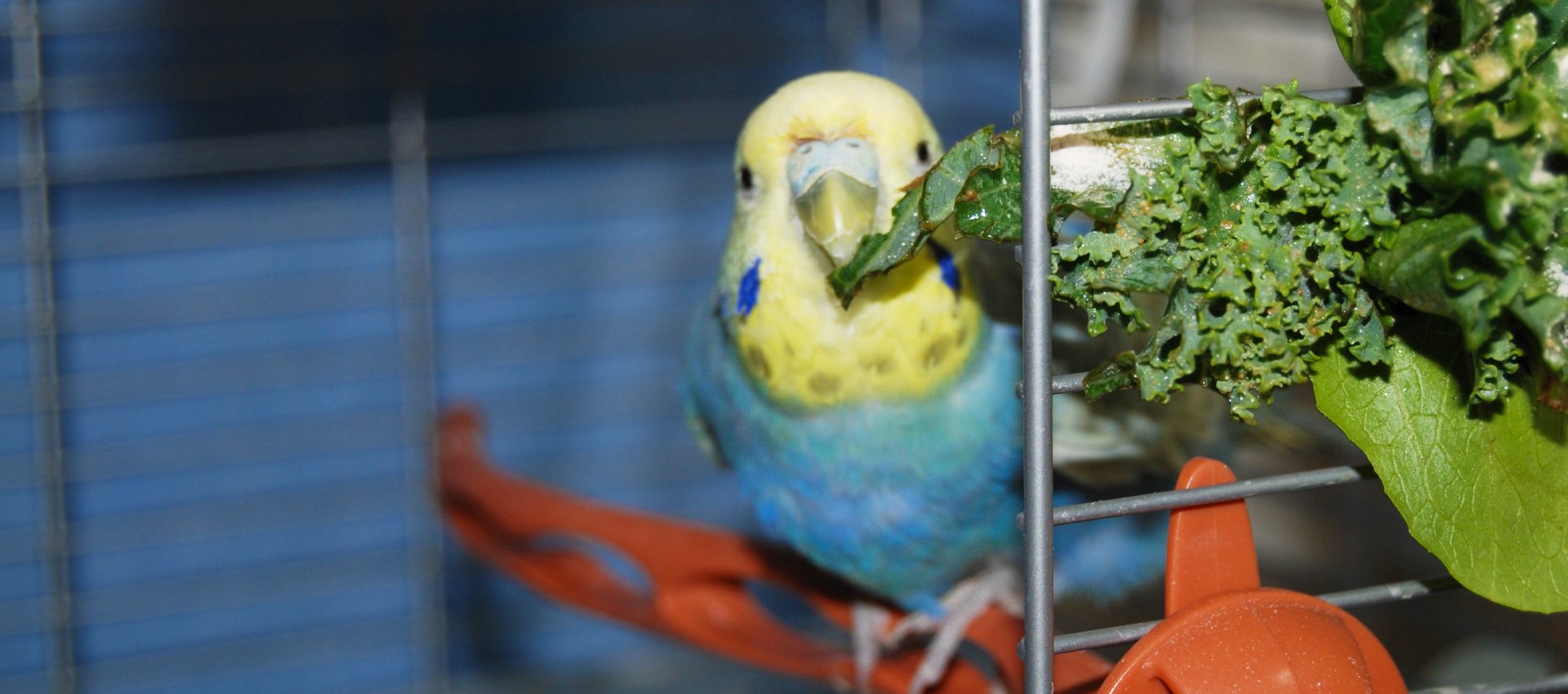Your cart is currently empty!

HARI Official Brand Site

Many foods that people enjoy feeding their birds are much too high in salt.
Many companion bird caretakers read ingredient labels and are concerned when they see an inclusion of salt (sodium chloride) in their bird’s favorite extruded foods.
Many foods that people enjoy feeding their birds are much too high in salt. Snack items, such as fast food, chips, crackers, salted nuts and even canned vegetables (unless rinsed thoroughly), if eaten in sufficient quantities, may actually be toxic to birds.
Besides excessive drinking (polydipsia) and excessive fluid excretion (polyuria), too much salt may cause kidney failure (no longer producing urine) or an abnormal accumulation of body fluids (ascites – cirrhosis of the liver), depression, tremors, neurological issues, and heart failure leading to death. Poor growth has been seen in babies fed too much salt, such as a mixture of hand feeding diets with high sodium peanut butter.
However, in order to survive, salt is an essential mineral required by birds, as it is by all living animals. A shortage of salt can cause excessive fluid excretion (polyuria), weight loss, fatigue, and slow growth. Humans eat foods that naturally contain salt (meats, eggs, dairy, and seafood) but some animals, such as parrots, can have diets lacking in essential minerals. In the wild, they search for supplemental salt sources, like the parrots of Manu and Tambopata, where over 30 species of parrots use clay licks to ingest different salts and to help detoxify their bodies from the fruits, seeds, and nuts they have eaten in the forest.
While sodium chloride only makes up a small part of the body weight, it does play a crucial role in maintaining health, nerve, and muscle functions and in regulating body fluids, and is necessary for the overall health of your bird.
Sodium and potassium are interconnected and are interdependent on one another. They are the two primary electrolytes working together to help regulate fluid balance, muscle contractions and nerve signals. Consuming potassium-rich foods as part of an enrichment diet, as well as providing opportunities for birds to be more active can play a role in maintaining your bird’s health.
Food sources containing potassium include leafy greens (spinach and kale), grapes, peas, blackberries, root vegetables (sweet potato, white potato) and citrus fruits.
Follow our feeding guide to ensure complete balanced nutrition for your companion bird.
Tropican Bird Food Recommendations
Converting Diet to Pellet Food For Birds
Enrichment Foods and Tropican Consumption
Feeding Vegetables and Fruit with Tropican Food

Our top priority is providing safe and high-quality bird food that your feathered friends can enjoy. That’s why every batch of HARI products goes through a rigorous three-step quality control process before it is distributed.